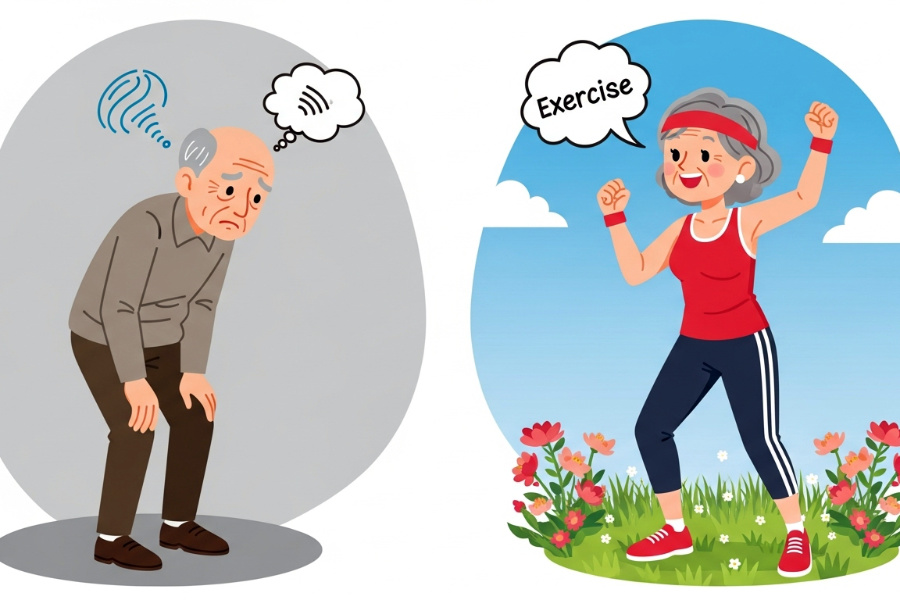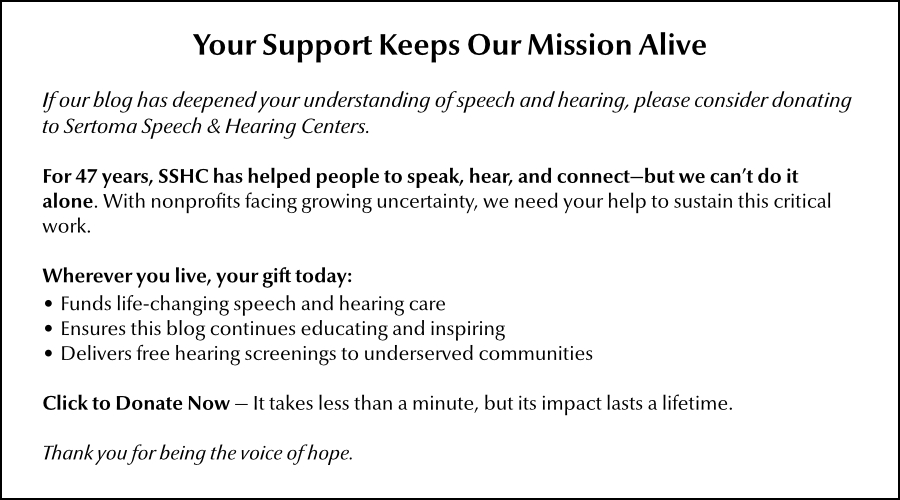A new study shows that even gentle exercise helps protect the brain in older adults who are at high risk of developing Alzheimer's. The research followed nearly 300 people for 12 months and found surprising results.
Why it matters
People with mild memory problems who exercised kept their thinking skills stable for a full year. Those who didn't exercise showed more cognitive decline. This matters because 16% of people with mild memory issues develop Alzheimer's each year.
"This is a critical time to intervene in this population, because they don't have dementia yet, but are at a very high risk. Together, these findings show us that even low-intensity exercise may slow cognitive decline in at-risk older adults." —Aladdin Shadyab PhD, MPH, lead author, associate professor at the UC San Diego Herbert Wertheim School of Public Health and Human Longevity Science and School of Medicine.
EXERT exercise program
The EXERT study tracked 300 sedentary older adults with mild cognitive impairment. Participants exercised 3-4 times per week for 12 months under professional supervision at YMCAs. Both exercise groups maintained stable brain function while the comparison groups declined.
The big picture
This was the largest exercise study ever done with people who have memory problems.
- The study was coordinated by UC San Diego's Alzheimer's Disease Cooperative Study and Wake Forest University.
- Researchers partnered with the YMCA to make the program accessible in communities.
- The study compared two types of exercise:
- Moderate-higher intensity aerobic training (faster walking)
- Lower-intensity activities like stretching and balancing

Results
Both groups showed the same benefits. Brain scans revealed less volume loss in key areas, especially the prefrontal cortex. The results were unexpected—researchers thought participants would show continued decline.
The takeaway
You don't need intense workouts to protect your brain. Light exercise, like stretching and balance activities, worked just as well as vigorous aerobic training.
The key is consistency—regular activity 3-4 times per week made the difference.
This research offers hope for millions of older adults worried about memory loss. The timing is critical because these interventions work best before dementia develops. People with mild memory complaints are in a perfect window for this type of prevention.
As Dr. Shadyab says: "Regular light exercise could buy precious time against decline." For anyone concerned about memory loss, this is empowering news.
The researchers emphasize that regular exercise at any intensity could help older adults slow cognitive decline. This is promising news for the growing number of people at high risk for dementia.
For families dealing with memory concerns, this research provides a clear path forward. Exercise is safe, accessible, and now proven effective for brain health. The YMCA partnership shows how these programs can work in real communities, not just research labs.
Healthy hearing lowers your risk of Alzheimer's
Learn about the health of your hearing with a free 15-minute hearing screening by an audiologist.
★ Call 708-599-9500 to schedule your free screening.
★ For facts about hearing loss and hearing aid options, grab your copy of The Hearing Loss Guide.
★ Sign up for our newsletter for the latest on Hearing aids, dementia triggered by hearing loss, pediatric speech and hearing, speech-language therapies, Parkinson's Voice therapies, and occupational-hearing conservation. We publish our newsletter eight times a year.
Don't let untreated hearing loss spoil your enjoyment of life.


